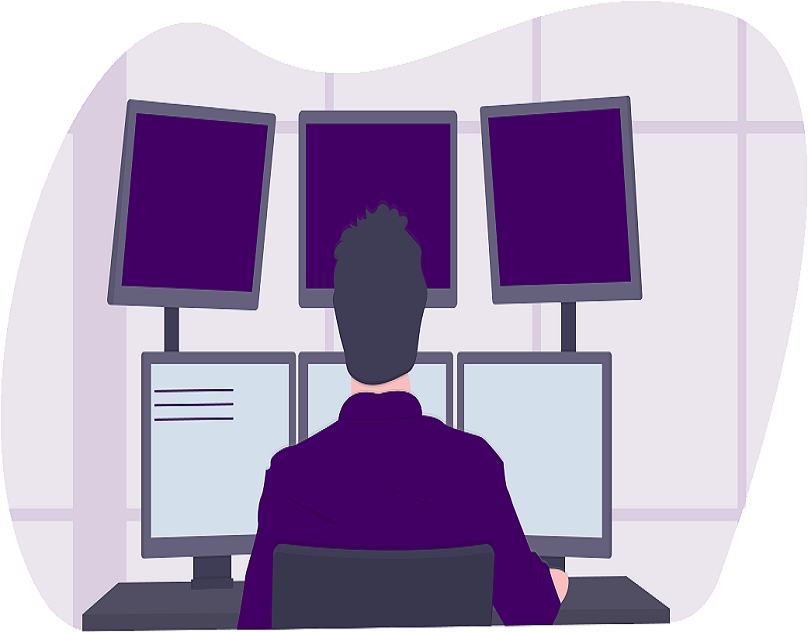Humans, as a species, have a very trusting nature. We know that danger lurks in shadowy corners and occasionally marches out in broad sunshine. We just don't think that it's in every corner and we're confident that measures are in place that will protect us from the worst of the worst. Even when presented with a mountain of evidence that proves a particular course of action is unwise, we tend to think that we'll be alright. How else do you explain the alarming number of people who persist in advertising their personal details at every online opportunity presented to them?
The Internet is an indisputably convenient tool that enables us to significantly simplify our lives. We can bank online; do all of our grocery shopping, chat with friends, meet new people, play social games, and even date. There is very little need for us to leave the safety of our homes. All we need to do is trust the safety of all the applications we use.
But, no matter how secure sites claim to be there is always the danger of information being lost, stolen or misappropriated in some way. Hacking is no different from any other field of occupation in that it constantly develops and evolves. Increasingly sophisticated techniques allow genuine hackers for hire to fly in and out of sites undetected, wrecking havoc as they go.
Social networking sites, such as Facebook and MySpace, are like gold mines to the socially ill-adjusted. People don't give a thought to including all manner of personal details on these sites. Why wouldn't they? They're among friends, and the sites are assuredly secure.
This would be good news, except that an increasing number of pages are being hi-jacked and used for malicious purposes. In November last year, News Corp's pages on MySpace were hi-jacked so that when anyone clicked on them they were redirected to a site in China. The site aimed to lure users into downloading malicious software that would take control of their PCs.
Hackers copy friend-lists from social networks and send mass emails under friendly disguises. We all know not to open attachments or emails from people we don't know, but why would we suspect our friends of malicious intent? We click open and descend into cyber-hell.
A new strategy used by hacking masterminds involves placing help-wanted ads in underground channels and hiring professional writers to pen enticing emails and ads, completely devoid of suspicious content. The innocuous nature and well-written content lulls users into a false sense of security. We forget all we've learnt about saying no to strangers and walk blindly into the dragon's lair.
Check out right here : hire a hacker for social media
Hackers are also extending their scope of interest, turning their attention to "smartphones". Phones like Apple's iPhone can run entire operating systems, support email applications and are capable of storing every aspect of your life. Many people are helpless without their smartphones because they keep all their information on them. They're a hacker's paradise. It's never been easier for them to steal your identity or hack into your bank account.
Cyber criminals use viruses and worms to disrupt and weaken corporate databases so that they can go in and steal ideas, designs and blueprints for prototypes. Intellectual property fetches magnificent prices on the cyber blackmarket.
We all need to get our heads out of the sand and face up to the fact that with incredible convenience comes incredible danger. For our financial, psychological and physical safety, we need to wise up and rethink what information we're willing to make public. We also need to consider the adage that warns against putting all of our eggs in one basket. We can't have become so dependent on technology that we can't make a trip to the supermarket when we run out of toilet paper rather than click "add to basket".





Comments